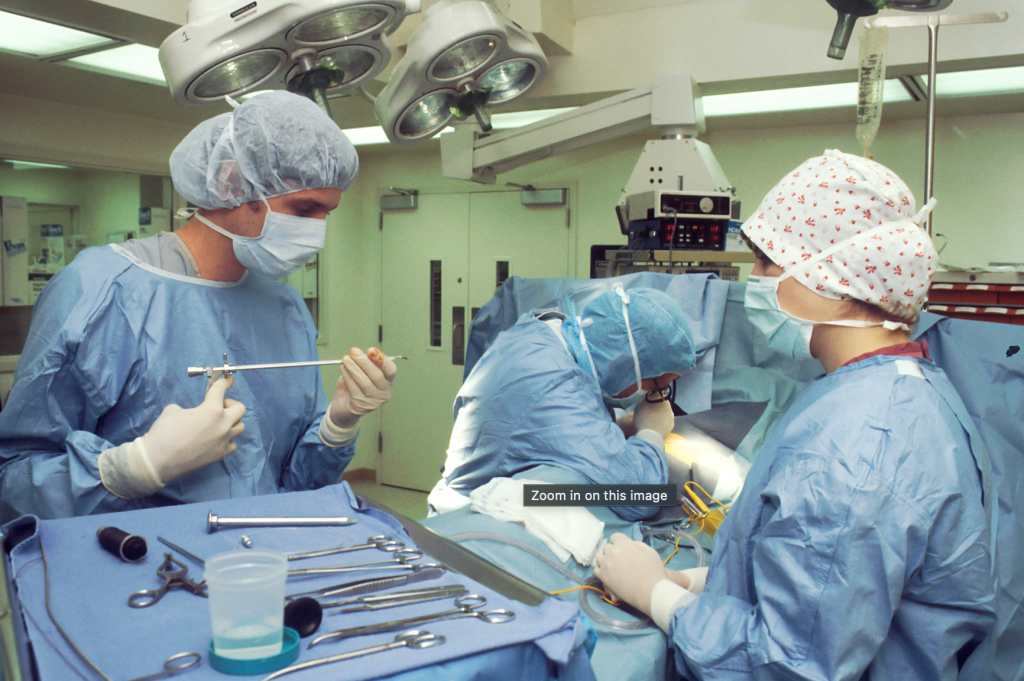Pancreatic cancer surgery is a critical component of treatment for many individuals diagnosed with this challenging disease. While the prospect of surgery may seem daunting, understanding what to expect and how to prepare can help alleviate anxiety and ensure the best possible outcome. In this guide, we will explore the process of navigating pancreatic cancer surgery, from preoperative preparation to postoperative recovery, empowering patients and their loved ones to approach this journey with confidence and resilience.
- Preoperative Evaluation:
- Before surgery, you will undergo a thorough preoperative evaluation to assess your overall health, including medical history, physical examination, imaging tests (such as CT scans or MRI), and laboratory tests.
- Your healthcare team will discuss the goals of surgery, potential risks and benefits, and alternative treatment options to help you make informed decisions about your care.
- Surgical Options:
- The type of pancreatic cancer surgery recommended will depend on factors such as tumor size, location, stage, and your overall health.
- Common surgical procedures for pancreatic cancer include the Whipple procedure (pancreaticoduodenectomy), distal pancreatectomy, total pancreatectomy, and palliative bypass surgery.
- Your surgeon will explain the specific details of the planned procedure, including the surgical approach (open surgery or minimally invasive surgery) and any potential modifications based on intraoperative findings.
- Preoperative Preparation:
- In the days or weeks leading up to surgery, your healthcare team will provide instructions on how to prepare, including dietary restrictions, medication adjustments, and lifestyle modifications.
- You may be asked to undergo additional tests or consultations with other specialists, such as a nutritionist, anesthesiologist, or physical therapist, to optimize your readiness for surgery.
- Support System:
- Surround yourself with a strong support system of family members, friends, and healthcare providers who can offer emotional support, practical assistance, and encouragement throughout the surgical process.
- Consider joining a support group for individuals with pancreatic cancer or connecting with others who have undergone similar experiences to share insights and gain perspective.
- Hospital Stay:
- Pancreatic cancer surgery typically requires a hospital stay of several days to a week, depending on the complexity of the procedure and your recovery progress.
- Be prepared for the hospital environment, including medical interventions, monitoring, and postoperative care by nursing staff and healthcare providers.
- Postoperative Recovery:
- After surgery, you will gradually transition from the immediate postoperative recovery period to the rehabilitation phase, focusing on pain management, wound care, mobility, and resuming oral intake.
- Follow your healthcare team’s instructions regarding diet, activity level, medications, and follow-up appointments to support a smooth recovery and minimize complications.
- Emotional and Physical Support:
- Be gentle with yourself during the recovery process, both emotionally and physically, and allow yourself time to rest, heal, and adjust to any changes in your body or daily routines.
- Lean on your support system for encouragement, assistance with daily tasks, and companionship as you navigate the challenges of recovery and adjust to life after surgery.
- Long-Term Follow-Up:
- Following pancreatic cancer surgery, you will require long-term monitoring and follow-up care to monitor for recurrence, manage potential complications, and support ongoing health and well-being.
- Stay proactive in your healthcare by attending scheduled follow-up appointments, communicating openly with your healthcare team, and advocating for your needs and concerns.
Conclusion: Pancreatic cancer surgery is a significant step in the treatment journey, requiring careful preparation, support, and commitment to optimal recovery. By understanding what to expect before, during, and after surgery, and actively engaging with your healthcare team and support system, you can navigate this challenging process with confidence and resilience. Remember that you are not alone in this journey, and there are resources and support available to help you every step of the way. Stay informed, stay positive, and stay connected as you move forward on the path to healing and recovery.

